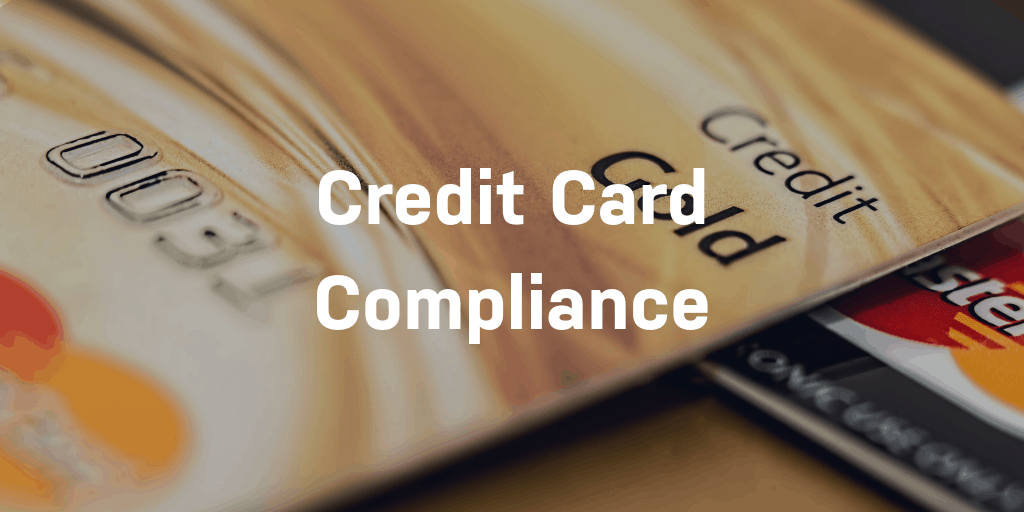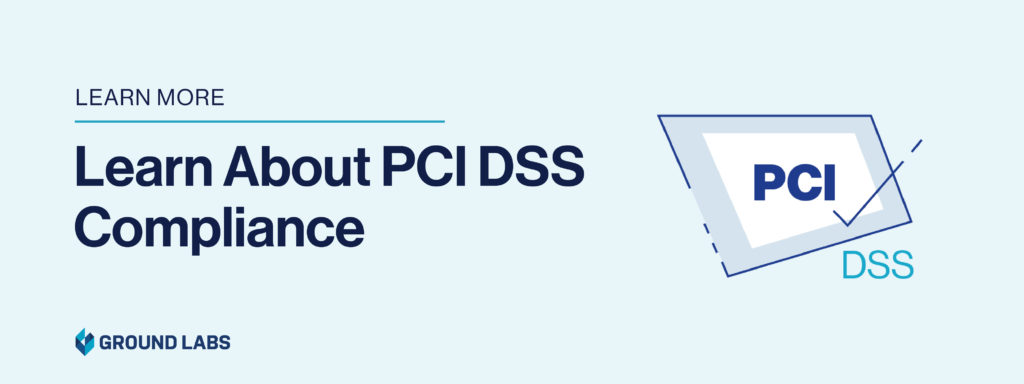
Blog Post
Credit Card & PCI Compliance – And Why it Matters
When people think of financial data, the first thing that springs to mind for most is credit card information. In a world where conventional paper and coin money is becoming less common and digital money is taking over, how can we keep our money safe?
Cash is a simple and effective method of transferring wealth. It is light, durable, and easy to pay for the things we need. But cash can easily be lost or stolen, resulting in a loss of wealth. In addition to this, cash creates a problem where carrying large amounts around on your person can cause stress as the nature of physical currency means it is easily lost or stolen.
With credit cards, vast amounts of money can be stored on one small piece of plastic with a magnetic strip and if this card is lost or stolen, it can easily be cancelled without much inconvenience or loss of wealth. Credit cards are a vastly convenient alternative to conventional money, but they do not come without their drawbacks.
Credit card data can be stolen, and with this criminal can do much more than simply steal the victims’ money. Credit cards contain personally identifiable information (PII) such as names and dates that can be used by criminals to commit identity theft. Or sell this sensitive personal data on the black market.
From this, we can see that credit cards certainly do carry their merits but also their drawbacks. With this new method of payment coming to the fore, new laws have been enacted to help to secure and protect credit card data. Credit card compliance has become an important buzzword for organisations that store and process financial information.
What Are Credit Card Compliance Laws?
Credit card compliance laws have been created and are designed as mandatory guides for organisations to ensure that they have the correct systems in place to keep individuals’ credit card information safe from theft and misuse. Standards such as the Payment Card Industry Data Security Standard (PCI DSS) are important for helping to get organisations to remain compliant under the threat of heavy fines. But unfortunately, a lot of organisations are more willing to take the risk rather than ensure that their data is found and organised securely.
Some organisations are so willing to take the risk that they even include data breach fine revenue in their budgets to meet the cost of a non-compliance fine, because it may prove to be cheaper than the cost of achieving and maintaining a secure network. However, what these companies fail to understand is that financial loss can sometimes be much less damaging than a reputation in tatters. Let’s learn more about credit card compliance laws like PCI compliance.
What is PCI Compliance?
The Payment Card Industry Data Security Standard (PCI DSS) is a global security requirement for any organization that processes, stores or transmits credit cardholder information. Released in 2006, the standard serves as a minimum set of requirements needed to protect customers’ payment data from being compromised and ensures the security of credit card transactions in the payments industry.
What Are The Requirements for PCI Compliance?
There are 12 different PCI compliance requirements that covered entities must follow in order to handle credit card information in a secure matter.
- Implement firewalls to protect data
- Appropriate password protection
- Protect cardholder data
- Encryption of transmitted cardholder data
- Utilize antivirus software
- Update software and maintain security systems
- Restrict access to cardholder data
- Unique IDs assigned to those with access to data
- Restrict physical access to data
- Create and monitor access logs
- Test security systems on a regular basis
- Create a policy that is documented and that can be followed
How Credit Card Compliance Impacts Your Business
No organisation wants to be seen as untrustworthy or dishonest. They want to be viewed as transparent and trusted. But if they are willing to put their customer’s sensitive data at risk in order to save money and cut down on costs, then they are setting themselves up for a fall.
Reputational damage can be a lot more damning to an organisation than an inflated security budget to costs. Organisations that store sensitive personal data have a duty of care to keep that information safe. If the customer entrusted their data to the organisation and that organisation did not take care of the information and it was lost in a breach, then why would the customer trust them again.
The important question to ask here is if organisations are willing to take on the responsibility of looking after the credit card data of their customers, and if so, to what extent.
Often data security is seen as a hydra, like the ancient Greek mythical beast, cut one head off and two more sprout out from it’s place. The same can be said for challenges in cybersecurity. Plug one potential leak, solve a coding issue or implement a new data security tool, new challenges will constantly spring up. That is the nature of the beast.
The conscientious company who truly cares about their customers will rise to the challenge. Taking the approach that data security is an ongoing process that requires constant monitoring and innovation to face the issues of data security head-on. In order to protect the data they store, the first thing organizations need to do – if they don’t already – is to find out what sensitive credit card data they have stored.
How to Ensure Credit Card & PCI Compliance
The first step to credit card compliance and ensuring that your company is following PCI DSS is data discovery and is understanding what data you have and where it is stored in your organisations’ network. This may seem obvious, but it is pertinent to realise that you cannot protect data if you do not know where it is.
The most organised database manager will always misplace something or lose track of some of the data they store, especially in large organisations where the flow of data such as credit card information is constant and of high volume.
Ground Labs offers a solution that can take the time and effort out of finding sensitive data and mitigating the risk associated with not meeting credit card compliance standards.
Enter Enterprise Recon, a unique solution that allows organizations to find and remediate sensitive information across the broadest range of structured and unstructured data, whether it’s stored on your servers, on your employees’ devices, or in the cloud.
Avoid becoming the next organization that fails to meet credit card compliance standards by finding and keeping track of the data you have in your network. The lightweight Ground Labs solution for Enterprise and Corporate data discovery can be deployed in minutes and conducts scans in real-time to start finding sensitive data immediately, leaving no stone unturned in your organizations’ network.
Common sources of unsecured data include workstations (Windows, macOS), servers (Windows and Linux), email (Microsoft 365, Gmail, IMAP), databases (Oracle, MS SQL) and on the cloud (AWS S3, OneDrive, Dropbox Business). Ground Labs scans all of these sources extensively and the cutting edge pattern matching algorithm keeps false positives to an industry-leading minimum. You can find a full list of supported platforms here.
Ground Labs software was designed from the ground up to help your organization easily and efficiently meet data security standards such as credit card compliance requirements like PCI DSS.
For more information, we would be delighted to chat with you about how we can help you to implement a customised solution for your compliance needs.

